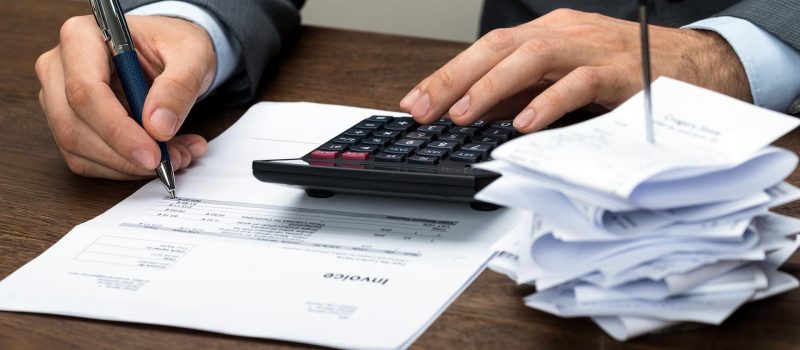A recent article in the FT highlighted that HMRC is concerned about companies reclaiming excessive VAT on expenses. Yet a survey by the Organisation for Economic Cooperation and Development (OECD), reports that 70% of UK businesses surveyed found the VAT reclaim process “difficult to navigate” and 20% were unable to reclaim VAT on expenses at all. Why the discrepancy? Here we look at why VAT recovery is important, what makes it difficult and how expense management software can maximise your VAT recovery.
Overclaim v Underclaim
The cost of playing safe and underclaiming to stay within the rules is obvious; you don’t get the money to which you’re entitled.
But what happens if you overclaim? Sooner or later, during an HMRC audit, not only will you need to make a refund, with penalties, but HMRC will also want to reach an arrangement to cover the last seven years – with compound interest added year on year.
Why does it matter?
Recoverable VAT can amount to a substantial sum of money.
For example, if you reimburse employees £250k per year for business mileage, you would expect to recover something in the region of £30k in VAT. To do it, you will need to keep mileage logs, calculate the HMRC mileage rate thresholds for private cars (and separate the fuel element), and also deduct the private fuel contribution for drivers with fuel cards.
And this is only one expense category. Similar benefits – or difficulties – also apply to hotel spend, entertaining, gifts and more.
It’s easy to see why some companies overclaim, or underclaim, VAT.
Learn more about reducing your business mileage spend with a simple GPS App.
So why is reclaiming the VAT so tricky?
The rules on how much VAT you can reclaim vary from expense to expense. For example: A meal in a restaurant on a business trip is VAT recoverable. But not if the intention was to entertain a client. Unless the client was from overseas – in which case it’s OK. Got it?
You will always have a VAT receipt if you hire a car. And you can recover it. Unless you hired the car for more than ten days – in which case you can only recover half. Still with me? Oh! And the invoice needs to be made out to the company, not the driver.
Simply asking your staff to get a VAT receipt is not enough; you need them to provide the information that makes your VAT reclaim compliant – and then you need to process it.
Is it worth it?
The spending pattern of every company is unique, so there is no typical example. But if you reimburse £1m per year, and 70% of that expenditure is subject to VAT, then you should be looking to reclaim over £100k after you work out what you’re legitimately entitled to.
The challenge for your business is how to work it out
The problem is that you are dependent on your claimants to provide the information you need – but they are not tax experts and they probably don’t really care. And why should they? Their focus is likely to be the conference they’re attending or the client they are entertaining – not the VAT rules around business entertainment.
There is a solution
ExpenSys is expense management software that uses a tax-intelligent approach. It automatically stays up to date with global VAT changes so you don’t need to.
It asks straightforward questions, relevant to each expense type, using a simple yes/no interface that requires no end-user training. This makes it quick and easy for your employees to provide the specific information you need, for every item.
VAT recovery is maximised and compliance is assured.
For more information about making expense management easy with expense management software, and to enquire about maximising VAT recovery, please get in touch.

























